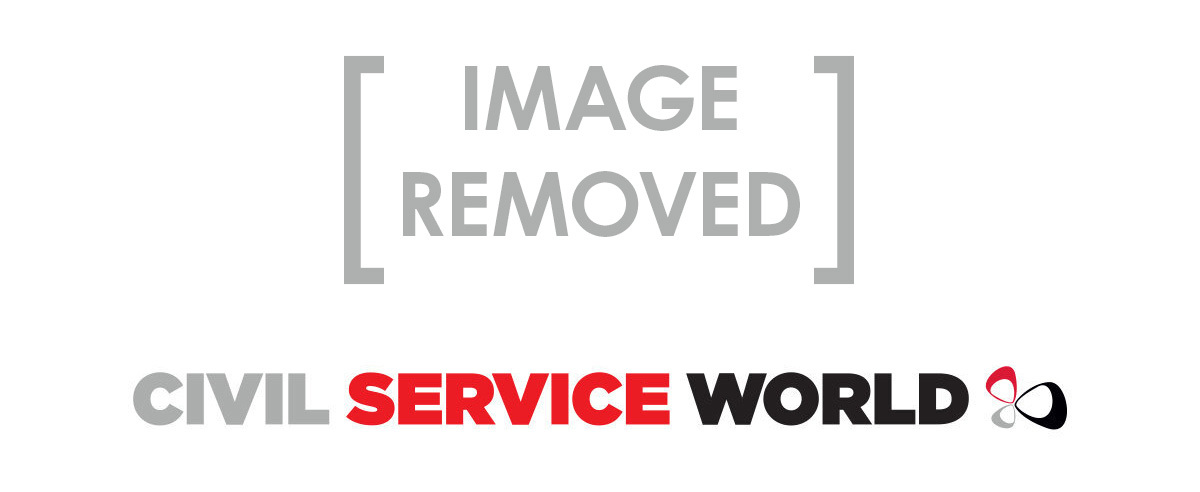The driving force behind the Department for Work and Pension’s Disability Confident scheme is its ambition to inspire and encourage employers to commit to action, Jenni Smith, DWP’s head of employer marketing, says. Smith has been leading the communications campaign for the past 18 months and says the project has taken on a new purpose since winning the diversity and equality award at the 2014 Civil Service Awards.
“Previously it had been an awareness building campaign,” she says, of the official launch of the scheme two years later in 2016. “[It’s now about] making the business case for disability employment … and [showing] how the scheme helps businesses make sure they’re doing all of the things they need to attract the best talent, making sure they don’t inadvertently put disabled people off when they’re recruiting, or when they’re trying to retain staff who obtain a disability while they’re working within that organisation.
“Disability confidence is quite a powerful concept for employers … there’s still a bit of awkwardness [about disability],” she adds. “Employers are really frightened to do the wrong thing. What we encourage is just to talk to people, have a conversation, make adjustments. It can be the tiniest thing – it could just be about working hours or having a seat near the door.”
In the past two years, the team has made progress by garnering support from 6,800 organisations in the private and public sectors, which have signed up to one of the campaign’s three tiers. The first is as a committed employer by agreeing to take action to make a difference to disabled people in one area (such as offering an interview to disabled people, providing reasonable adjustments at work, or supporting existing employees). The second level is as a disability confident employer, recognised for going the extra mile to make sure disabled people get a fair chance at work. And the third level is a disability confident leader, which promotes the scheme to others. There are currently 132 organisations at leader status, including every Whitehall department.
“We’ve also got 70% of local authorities signed up to [the scheme] as well and quite a number of NHS organisations,” Smith says. “That’s really important to us, because as government and local government, we’re not asking business to do anything that we can’t implement in the public sector as well.”
One of the biggest challenges, she admits, is competing with the numerous priorities employers juggle every day. Key to cutting through that noise has been developing a business leaders group, chaired by Tim Fallowfield, a director from Sainsbury PLC, with representatives from Channel 4, Barclays, KPMG, Royal Mail, GlaxoSmithKline, Mars, BT and Arsenal Football Club. The group meets to provide advice on the policy and campaign, and there’s also a practitioner group for diversity and inclusion representatives who meet on a quarterly basis to share ideas.
 Having such advocates has been invaluable, Smith says. “Obviously every one of those businesses has a huge supply chain and a load of business contacts they can make the most of, so [it’s enabled us] to reach out to a wider pool than the government could reach on its own.”
Having such advocates has been invaluable, Smith says. “Obviously every one of those businesses has a huge supply chain and a load of business contacts they can make the most of, so [it’s enabled us] to reach out to a wider pool than the government could reach on its own.”
With a government commitment to get one million people with a disability or health condition into work before 2027, the campaign has no plans to slow down. There are further developments to facilitate two-way conversations with member organisations via social media groups and other channels in the pipeline, and the team is looking for ways to extend the campaign’s reach beyond multinational corporations to smaller employers.
But it’s the campaign’s success of working with business groups to further government policy that Smith believes could be a useful example to other Whitehall departments. “In general, government’s getting much better at working with business but I do think our business leader group is an example of really bringing private sector talent, skills and expertise into the heart of the challenge … we’re gaining an awful lot and it’s something that could be replicated across other campaigns as well.
“What’s really pleased and motivated me is just how much enthusiasm and support there is for [this],” she adds. “The success stories of people who just absolutely thrive after being given one chance … they’ve driven us all on to achieve a bit more.”
The Civil Service Awards Community is a new section on Civil Service World that aims to celebrate past winners, inspire people to nominate in 2018, and help us all to learn from good practice.